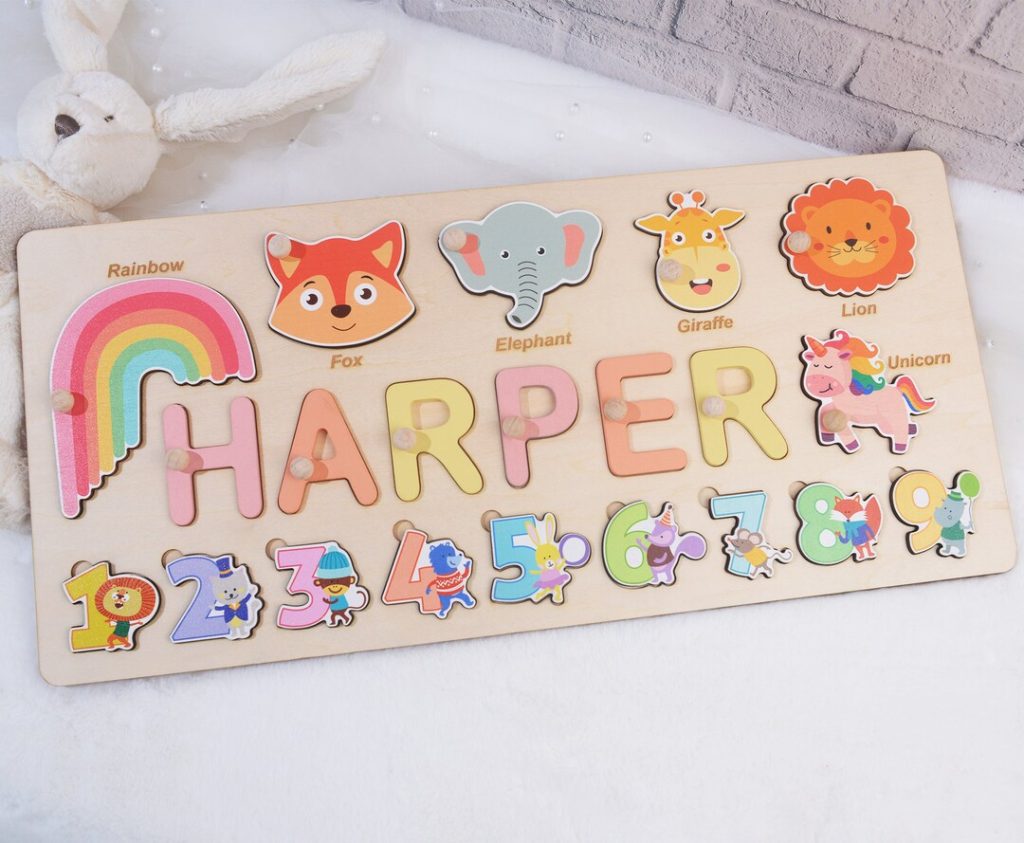In a world filled with constant noise and distractions, finding moments of peace can seem like a challenging task. However, engaging in activities that allow us to focus our minds and temporarily escape the hustle and bustle can offer a sense of tranquility. One such activity is solving puzzles, which have long been celebrated for their ability to provide mental stimulation while also promoting a sense of calm. When working on a puzzle, the mind is absorbed in the task at hand, leaving little room for negative thoughts or anxieties. This singular focus on the puzzle helps shift attention away from worries, allowing the brain to enter a state of mindfulness. The repetitive nature of puzzle-solving can also be soothing. Each time a piece fits, or a clue is solved, the brain receives a small burst of satisfaction, reinforcing a sense of accomplishment and progress. This can be especially helpful when dealing with overwhelming situations, as puzzles provide a controlled environment where success is tangible and within reach.
The name puzzles also have cognitive benefits, keeping the mind sharp and engaged. Unlike passive activities like watching TV or scrolling through social media, puzzle-solving requires active problem-solving and critical thinking. This engagement not only stimulates the brain but can also lead to improvements in memory, concentration, and overall mental clarity. Studies have shown that regularly engaging in activities like puzzles can help slow cognitive decline, making them a valuable tool for maintaining mental health over time. As people age, puzzles can become an enjoyable way to keep the mind agile and resilient. Moreover, the sense of accomplishment that comes with completing a puzzle can be deeply rewarding. There is a unique satisfaction that accompanies solving a challenging puzzle, especially when the solution requires patience and persistence. This feeling of achievement can be a great confidence booster, and for those struggling with feelings of inadequacy or stress, solving a puzzle can offer a much-needed reminder that progress is possible, no matter how small.
For many, puzzles offer a break from the fast pace of daily life. Whether it is carving out 10 minutes in the morning or dedicating a longer block of time in the evening, the time spent working on a puzzle can be a form of self-care. In addition to the mental benefits, puzzles can also be a social activity. Whether you are working on a jigsaw with family members or sharing crossword tips with a friend, solving puzzles can foster a sense of connection and shared experience. In an era of social media and digital communication, this can be a valuable way to strengthen relationships and create moments of calm together. Ultimately, puzzles provide a peaceful retreat from the noise of everyday life, offering a space to clear the mind, engage the intellect, and experience a sense of calm and satisfaction. Whether enjoyed alone or shared with others, they have the unique ability to keep the mind focused, entertained, and, most importantly, at peace.
